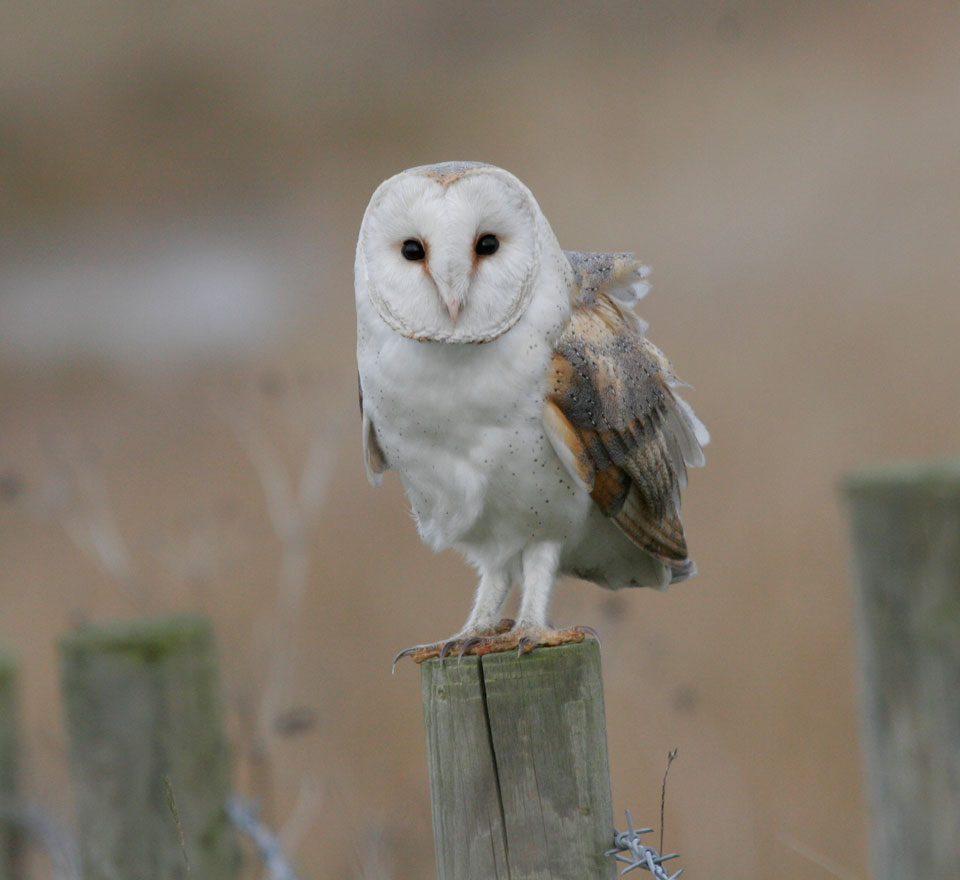
Foulness Island which is located within MOD Shoeburyness comprises extensive inter-tidal mud and sand flats, saltmarsh, beaches, shingle/shell banks, grazing marshes, rough grass and scrubland. The flats are of international importance for six bird species: Dark-bellied Brent Geese who flock to the area in their thousands every winter, Oystercatchers, Grey Plovers, Knots, Bar-tailed Godwits and Redshanks.
The area is also of national importance for wintering waterfowl including Shelduck, Dunlin and Curlew. The islands, creeks and grazing land form an integral part of the sheltered feeding and roosting sites for all of these birds and foraging sites for the wintering Hen Harrier. The complex matrix of habitats also supports a diverse range of plants and invertebrates.
The Conservation Group at MOD Shoeburyness has been running for over 30 years and meets regularly to discuss relevant topics. Members are drawn from the MOD Defence Infrastructure Organisation, QinetiQ and external organisations including Natural England, the Royal Society for the Protection of Birds (RSPB), Essex Wildlife Trust, the British Trust for Ornithology (BTO), the Foulness Area Bird Survey Group, Great Wakering Natural History Society and Foulness Parish Council.
Another key organisation represented is the Foulness Conservation and Archaeological Society (FCAS), which established the Heritage Centre in the former school on Foulness Island. Routine activities of members include ringing and counting birds (providing valuable scientific data), undertaking species surveys and providing land management and natural environment advice. They also provide archaeological expertise, including advice on matters relating to recent history as well as prior to the MOD's purchase of the land.
Without the group, the Site of Special Scientific Interest (SSSI), Special Protection Areas (SPA), Special Area of Conservation (SAC) and Ramsar International designated areas would have significantly deteriorated.
Volunteers are always welcome, whether it is to help with specific projects or routine activities. Previous experience is not necessarily required but it would be useful to have some knowledge of, or a keen interest in one of the specialist areas.